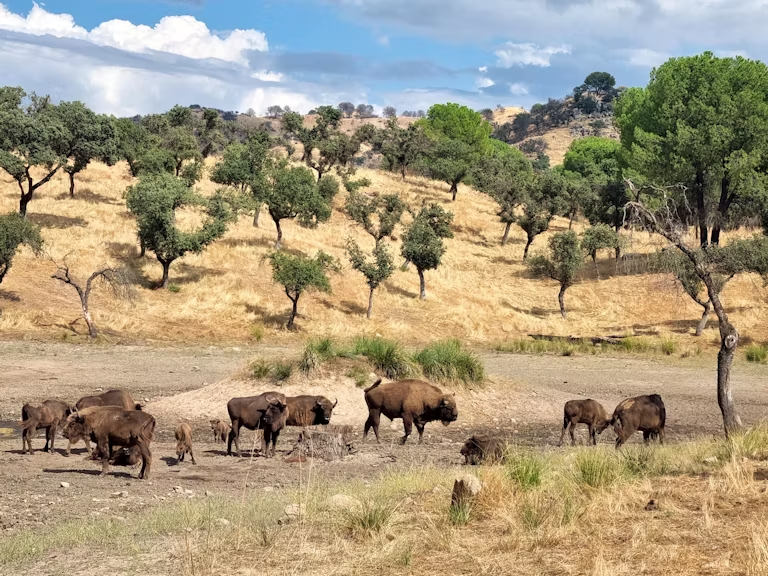Nine innovative rewilding projects awarded funding boost
From establishing rewilding hubs to using AI to help envision a rewilding future, these latest projects awarded funding through the Rewilding Innovation Fund are showing us the innovative power of rewilding across Britain

Published 29/05/2024
Rewilding is truly at the forefront of innovation.
The amazing rewilders working right now across Britain are constantly impressing us with what they can achieve for nature and people, and are such a vital force in helping us achieve our rewilding vision of 30% rewilding by 2030. These rewilders are always ready to experiment with different approaches in restoring ecosystems, and as well as watching and learning from nature as it re-establishes itself firmly back in the driving seat to react and change dynamic landscapes and vibrant seascapes.
We’re delighted that the Rewilding Innovation Fund, now in its third year, can continue to provide opportunities for rewilding projects to explore new approaches, whether they’re getting started on their rewilding journey or looking to move one step up the spectrum. Everything practitioners have learned from these funded initiatives is then fed back into the rewilding community through the Rewilding Network, a vital step in building our knowledge base for rewilding in Britain.
In this latest round of the Rewilding Innovation Fund, we are awarding up to £15,000 apiece to nine wonderful projects applying innovative rewilding measures to land and sea and doing incredible things for nature recovery, and for the benefit of communities. Here are some of the rewilding projects we’re proud to support this spring.
What is the Rewilding Innovation Fund?
Since 2021, the Rewilding Innovation Fund has funded 45 initiatives across Britain’s land and sea. From community-driven to technology-focused projects, we have removed the barriers to rewilding for many.
Previous recipients are already demonstrating the benefits they are delivering to their local communities and to biodiversity, while developing learning and evidence that provides an insight for other rewilders and helps us influence policy.
Community engagement
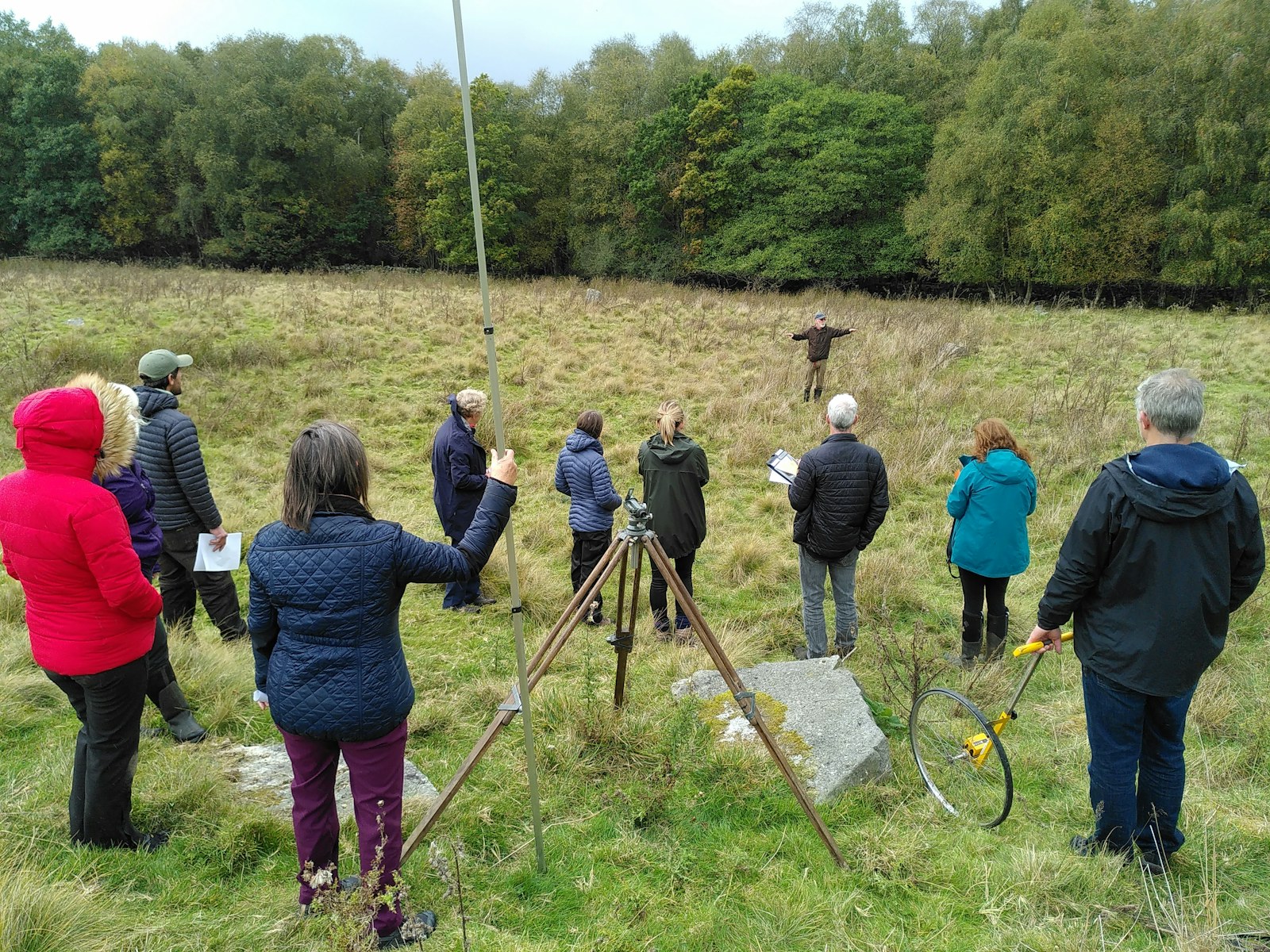
Community Rewilding hubs in Yorkshire
Connecting local rewilding projects, as well as the rewilders themselves, is an effective way to support large scale nature restoration. The Community Rewilding hubs project by the Yorkshire Rewilding Network is linking local networks of rewilders allowing the sharing of rewilding inspiration, experience and skills and engendering positive views of rewilding. This project will provide a blueprint for other county networks, showcasing how more people can get involved in rewilding even if they don’t own or manage land.
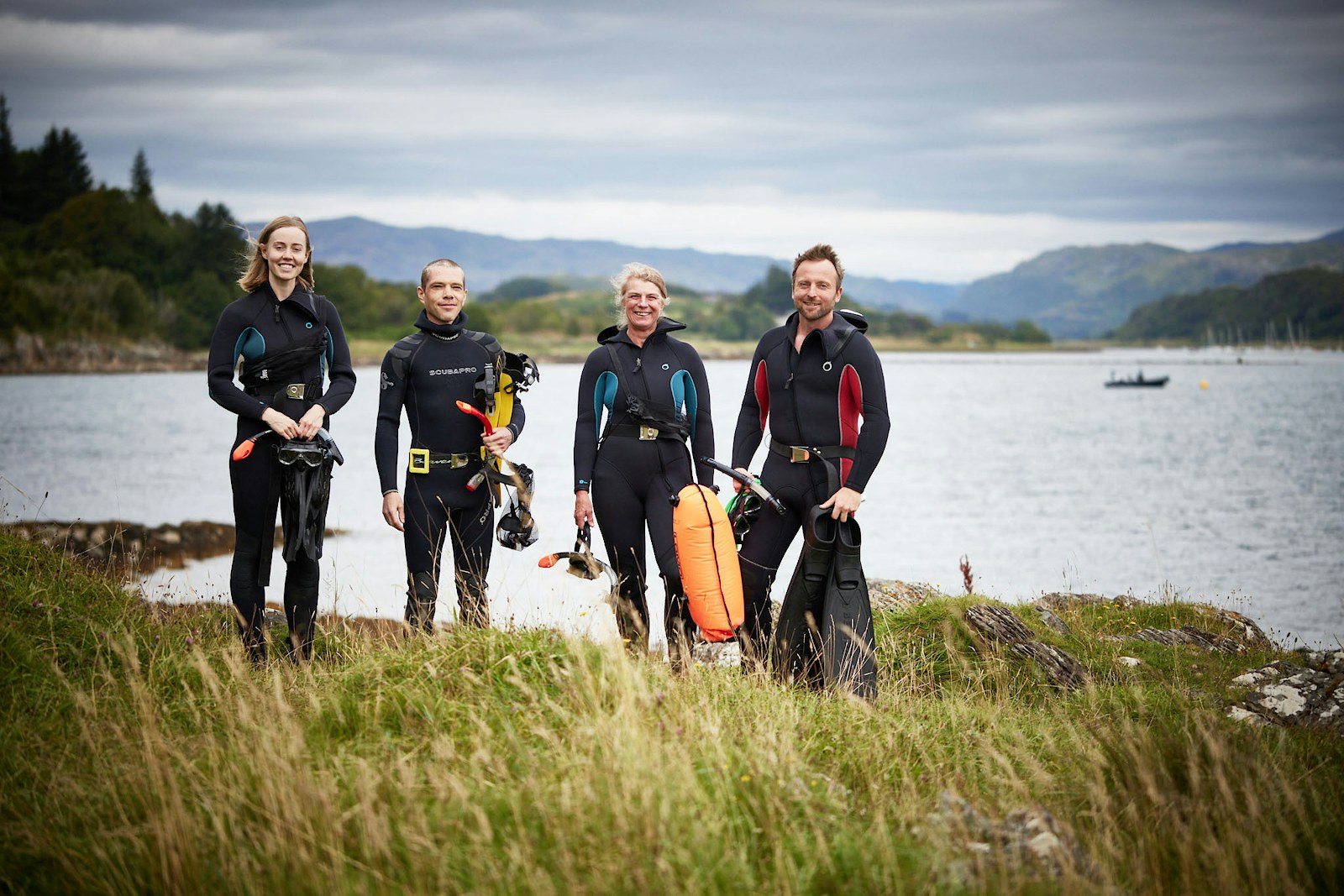
Internships with Seawilding
Seawilding is a community-led project showcasing how we can restore marine ecosystems. The funding is giving three more interns the opportunity to work on native oyster and seagrass restoration, supporting their career progression into marine rewilding and restoration. Imparting valuable skills and knowledge to the next generation of marine rewilders is essential, given the biodiversity emergency that we face. Opportunities for practical experience can be hard to come by, especially on projects that are at the forefront of developing new approaches to marine restoration.
“Funds for this type of scoping work are often hard to find; the larger grants required to sustain the long-term conservation work require demanding applications that are already thoroughly researched and planned, with the interventions already mapped out and the impact of that work outlined. We are very grateful therefore that through this funding we are able to begin this project on the best possible footing, which will hopefully lead to a greater impact in the future.”
Durrell Wildlife Conservation Trust
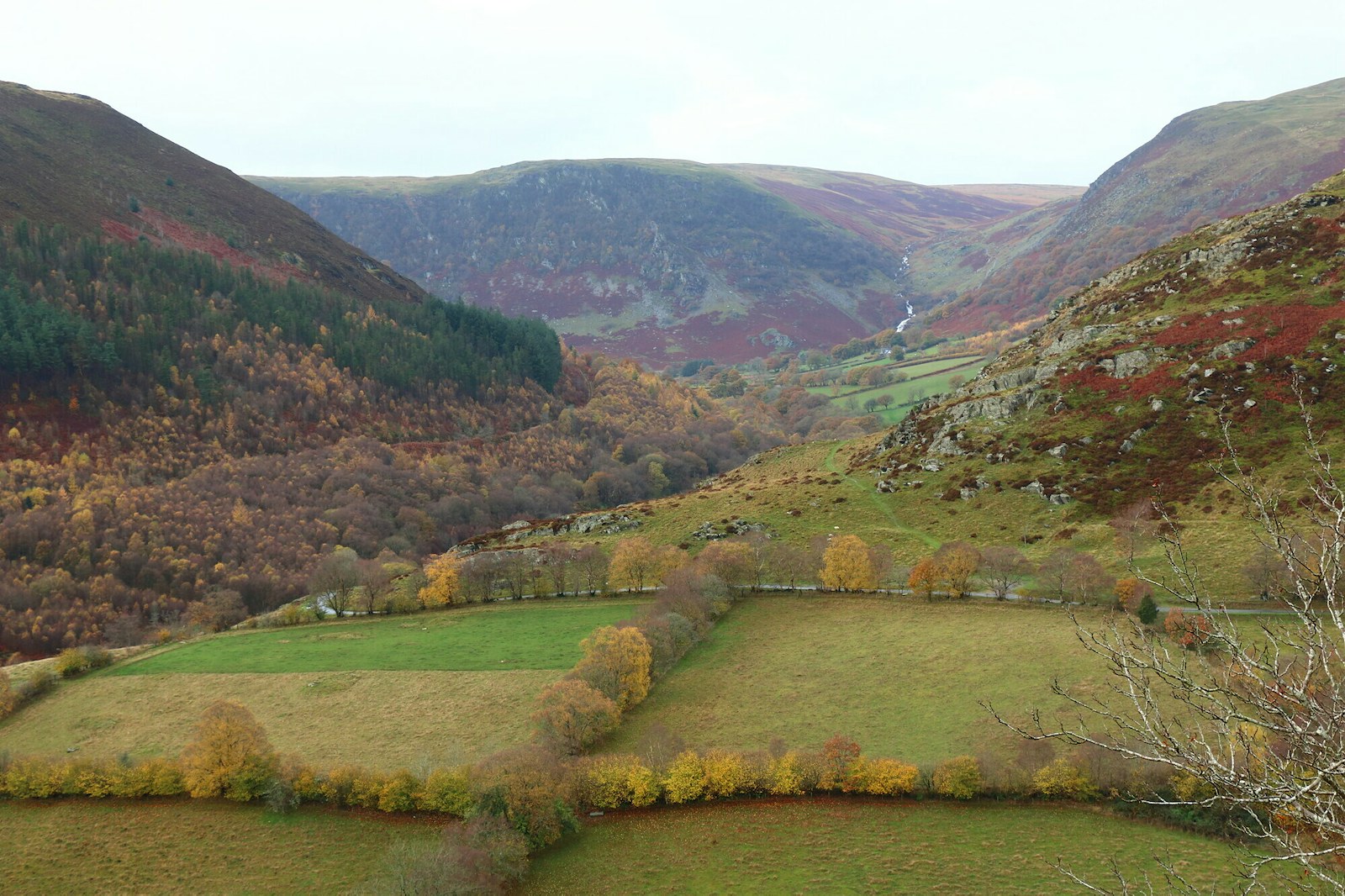
Cultivating Change in the Uplands
Radnorshire Wildlife Trust is on a mission to change the perception of rewilding in Wales. The project aims to engage with farmers and landowners to show how rewilding can work with and support food production in the landscape. This funding will help engage with stakeholders to showcase the benefits of rewilding, crucially incorporating the point of view of farmers and landowners, who have excellent local knowledge of the landscape.
Tech and Innovation
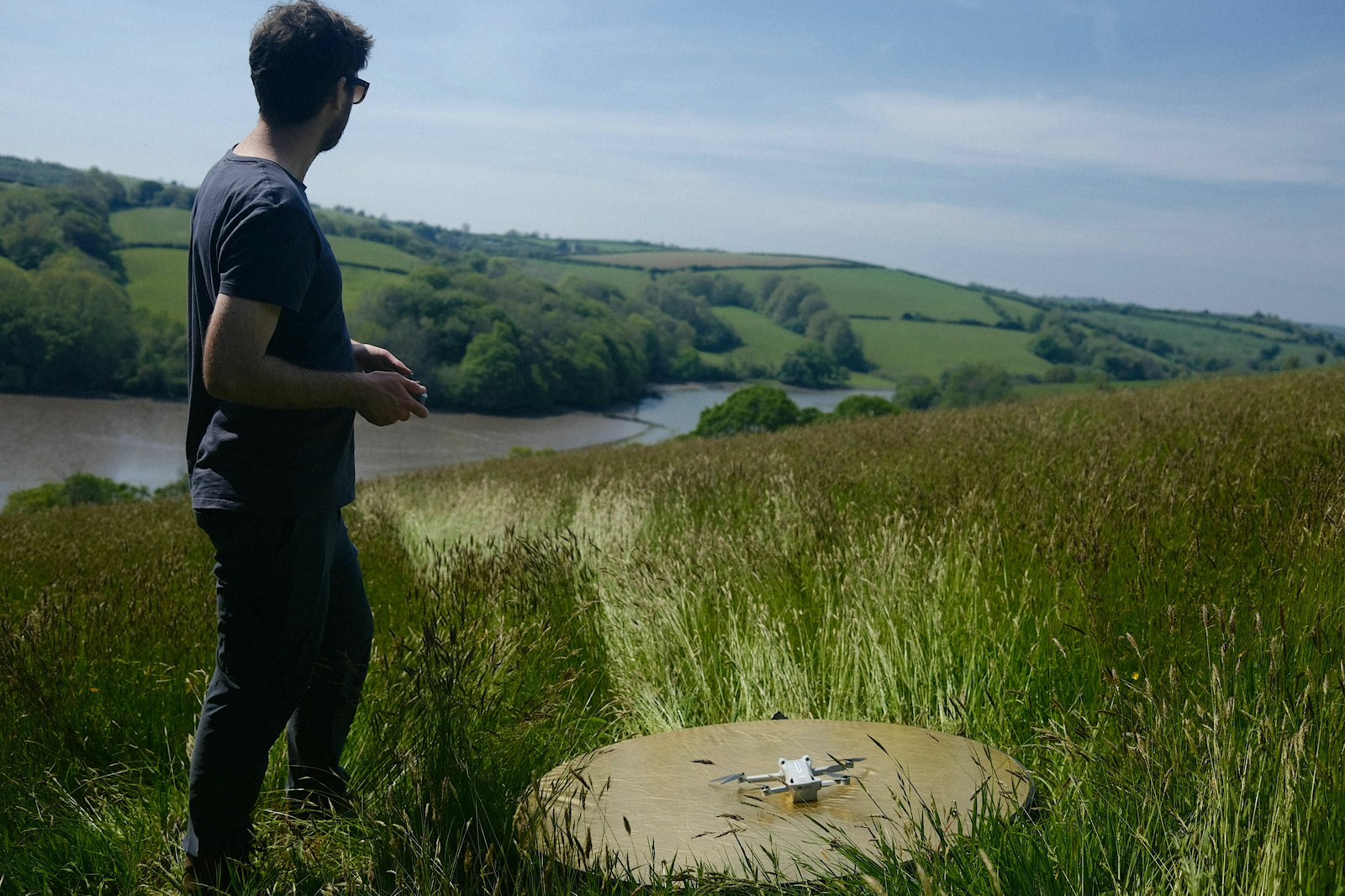
The role of AI in rewilding
This exciting, modern and innovative project from the Devon Rewilding Network is exploring the role AI can play in rewilding. Funding from the Rewilding Innovation Fund will help develop their use of AI technology which will use existing drone footage to demonstrate how land could be better connected through rewilding. Connecting up rewilding initiatives is important to give nature enough space to thrive, however it can be difficult to visualise what rewilding might look like in Britain. This project aims not only to connect up landowners at the catchment level, but also to showcase how our landscapes could look in the future.

The call of the wild at Hadrian’s Wall
This funding will help Northumberland Wildlife Trust continue to develop its pioneering Hadrian’s Wall: Recovering Nature project by supporting plans to enhance community engagement with innovative uses of technology. Acoustic recording devices will be deployed throughout the project area to monitor and identify species in real time, giving visitors to The Sill: National Landscape Discovery Centre a unique glimpse into the diverse ecosystems of the National Park. The project is bridging the gap between the community and the natural world, showing how soundscape technology can improve our understanding of change within the landscape as well as connecting people with nature.
Feasibility studies
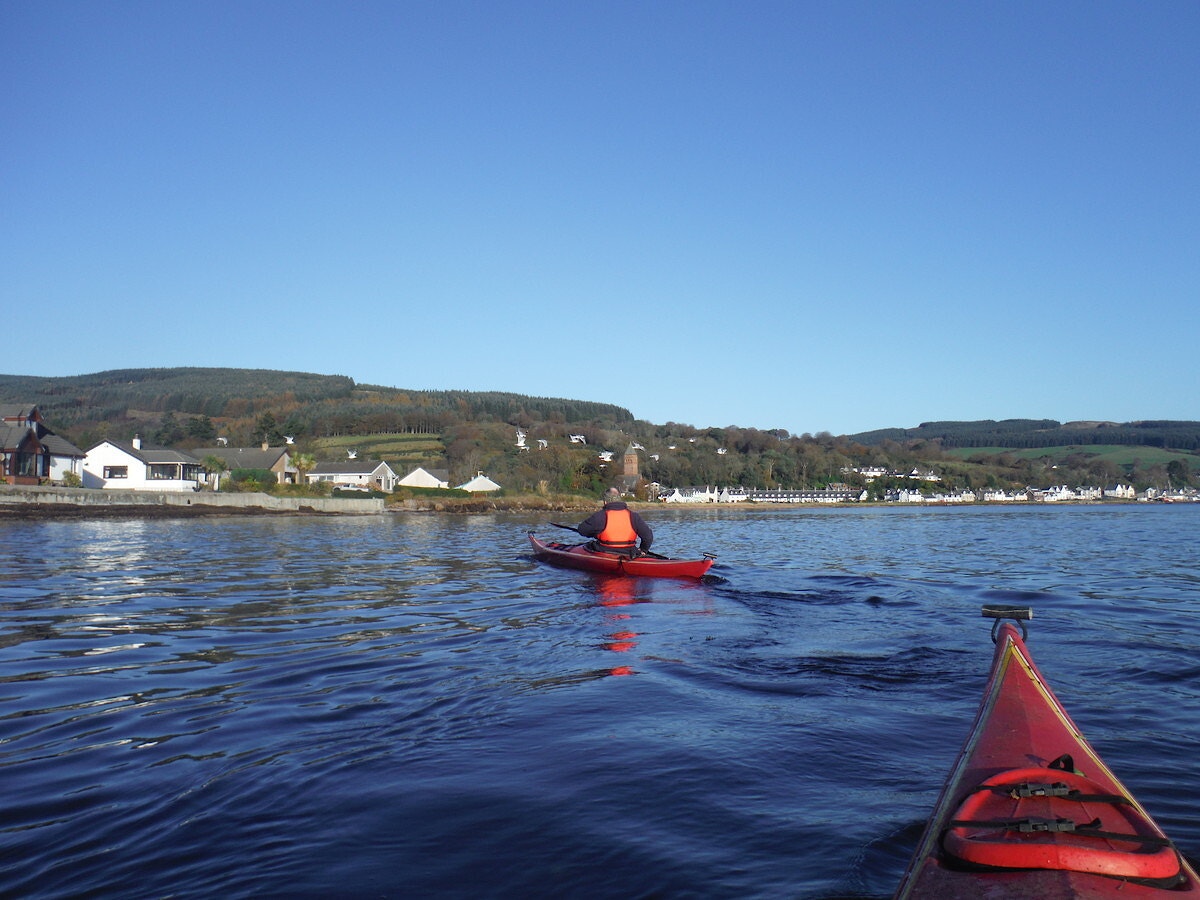
Fish, Infauna and Finance
This funding will support COAST in their Fish, Infauna and Finance project by helping consolidate and analyse crucial survey and monitoring data to assess not only the increased biodiversity of Arran’s seas but also how the marine environment supports the health, wellbeing and economic prosperity of Arran’s residents. COAST is one of the most established marine rewilding projects in Britain, taking pioneering approaches to how we can restore marine biodiversity to our seas, led by the local community. This project aims to improve our evidence base to show the change happening within the area, and how this might be applied to other marine projects.
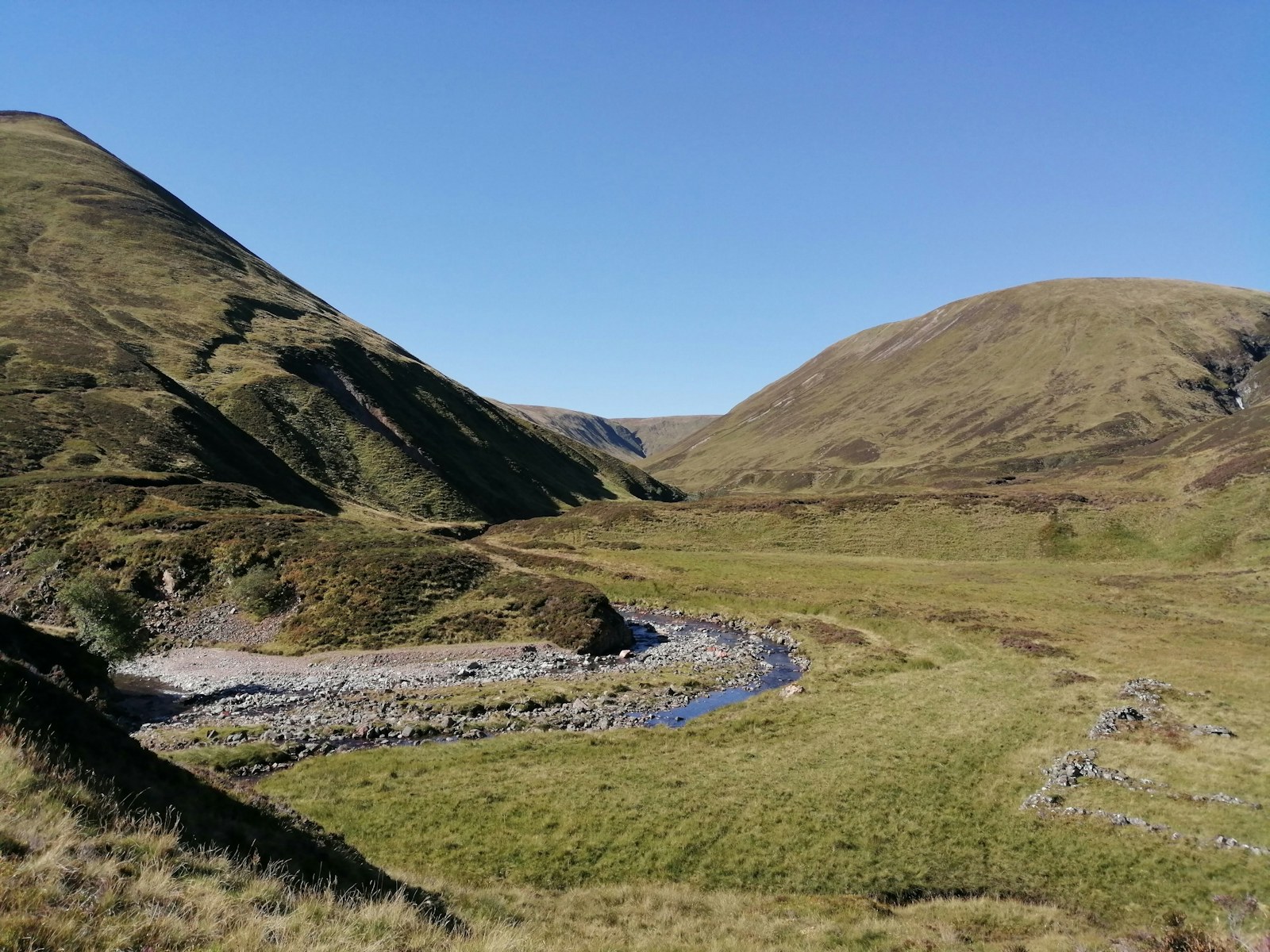
100 years of rewilding in the Cairngorms
Dalnacardoch Estate covers 7,500 hectares within the Cairngorms National Park and is the location of an exciting 100-year rewilding project managed by Durrell Wildlife Conservation Trust. This funding will help kickstart the Trust’s river restoration plans to restore Edendon Water, a highly-managed river which runs through the Estate, to its former glory. Feasibility studies such as these as vitally important for kick-starting natural processes, but it can be difficult to access funding. River restoration will be the first intervention the Trust undertakes on the site, and will act as a springboard for nature recovery across the wider Estate.
The Spring 2024 round of the Rewilding Innovation Fund will also support two further, currently confidential, projects: a species reintroduction engagement project in England and a new landscape scale initiative in the Highlands of Scotland.
How can you apply?
The Innovation Fund supports a diverse range of projects from across the whole of Britain, injecting money into rewilding at a time when it is most important. All of these projects, along with the forty-five already supported by Rewilding Innovation funding. will contribute to both the scientific and practical knowledge base for rewilding.
Projects must be a member of the growing Rewilding Network to apply; it’s free to join and comes with many benefits, including a connection to other rewilding practitioners and access to help and advice. For more details, the full criteria, and information on when the next round is open, visit the Rewilding Innovation Fund homepage.
The Rewilding Innovation Fund has been made possible through funding from the Dormywood Trust, Babel Cover, Hotelplan Ltd, Orp Foundation, Reed Foundation, Turnstyle, Unum, Roger Raymond Charitable Trust, Mattinson Partnership, AG Communications and the many individuals who have given generous support to this project.
Discover the Innovation Fund
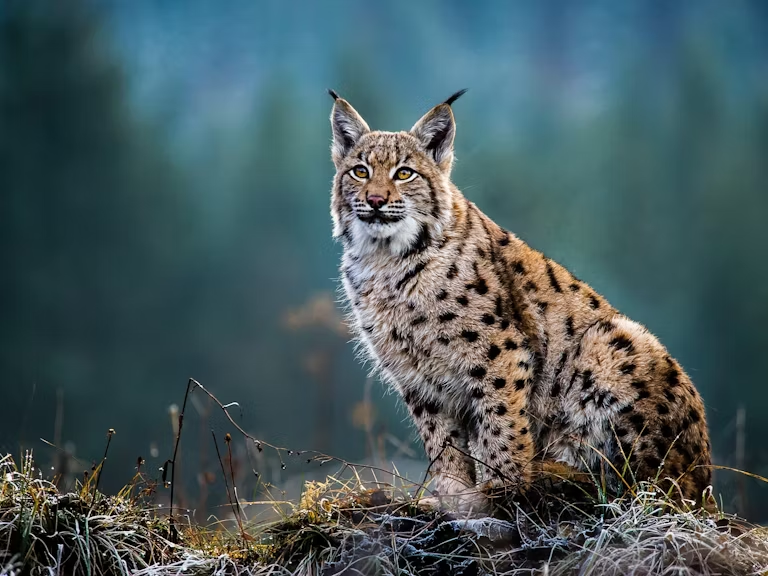
Innovation Fund projects
From carbon capture to seagrass restoration, tree seeding to a lynx feasibility study, we’ve funded some pioneering projects.
Explore funded projects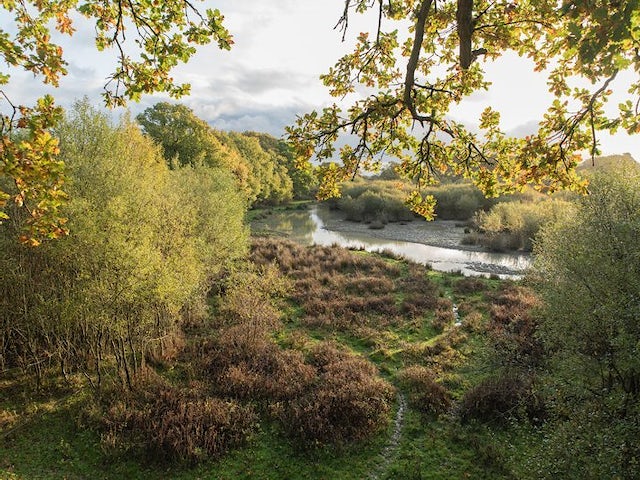
Apply for the Rewilding Innovation Fund
Applications for our Rewilding Innovation Fund are open until 28 February.
Apply now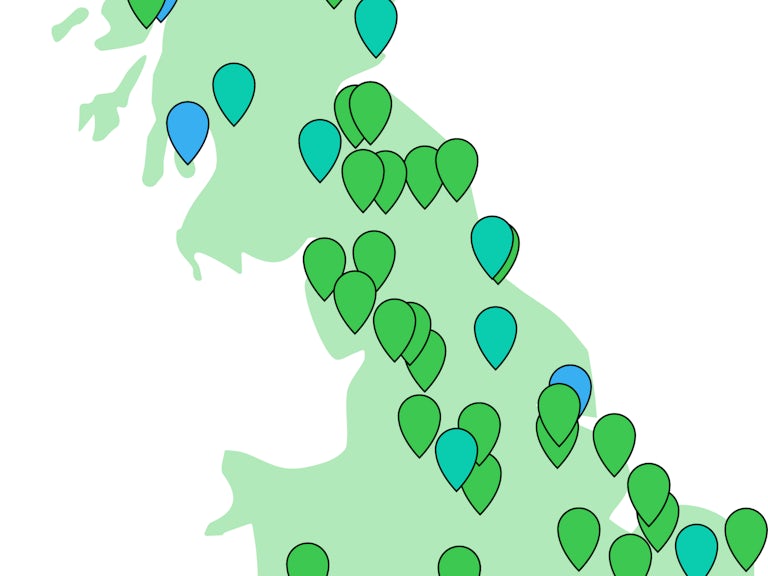
The Rewilding Network
The Rewilding Network is the go-to place for projects across Britain to connect, share and make rewilding happen on land and sea.
Discover the Rewilding Network

